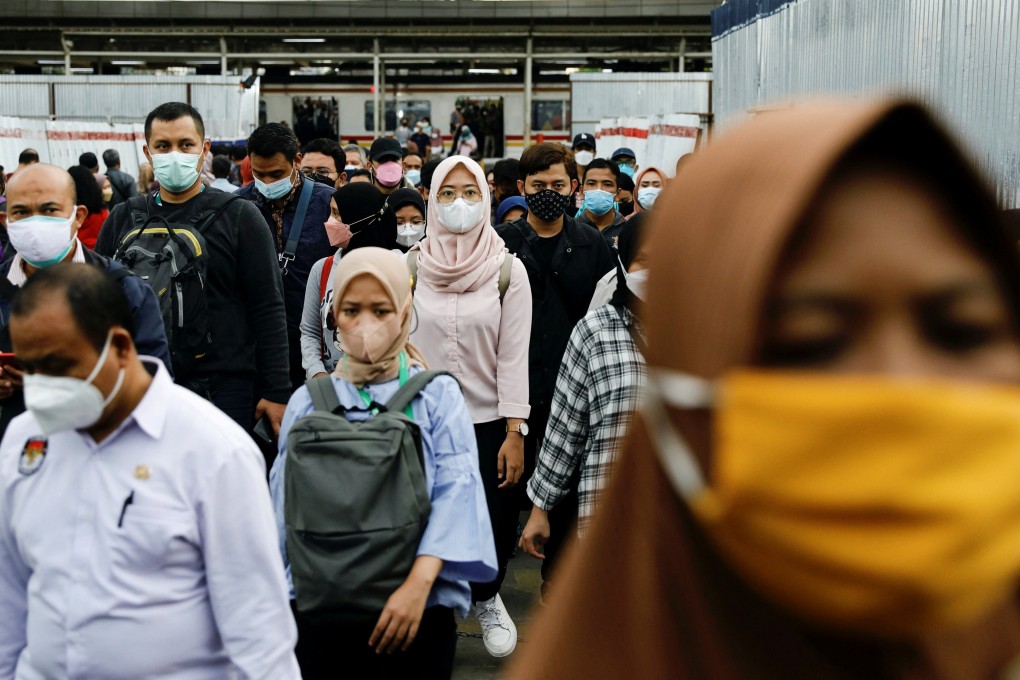From Indonesia to Pacific, women less likely to have 2 Covid-19 vaccine shots than men
- Women have borne the brunt of hardship two years after the pandemic, facing less access to vaccines and food, and taking on more domestic work, a new UN report shows
- Experts say that gender policies must be implemented to ensure that women and girls are included in the recovery taking place across Asia and the Pacific

Fewer women than men in the Asia-Pacific region have received both initial doses of vaccination against Covid-19.
That is only one of the many disproportionate effects of the pandemic on women across the region, according to a new report by UN Women – the United Nations organisation dedicated to gender equality – and the Asian Development Bank, which is focused on promoting economic growth and cooperation in the region.
The study, titled “Two years on: The lingering gendered effects of the Covid-19 in Asia and the Pacific”, sheds light on how women continue to pay a higher price in all seven countries where data was collected.
The findings highlight that Covid-19 vaccination rates differ between women and men in most countries. Women in Pacific nations have been overall less likely to receive the two doses, citing reasons such as fear of side effects and misinformation about risks associated with pregnancy and breastfeeding.
Many women also said that they had not been called for a second jab yet, while others noted that they didn’t have time or couldn’t leave their homes to go get a vaccine, according to the survey.
In Indonesia, where vaccination rates are high, more women than men cited limited availability as the key reason holding them from receiving a full course.
Other issues highlighted in the report include unemployment, loss of livelihoods, food hardship as well unpaid care and domestic chores.
